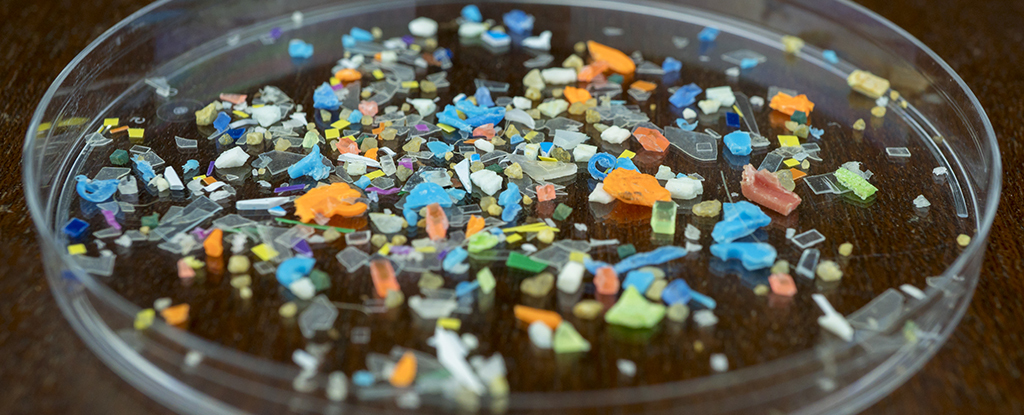
Careful analysis of the animals revealed subsequent changes to protein production, gene activity, bacteria levels, and the microRNA coding inside cells.
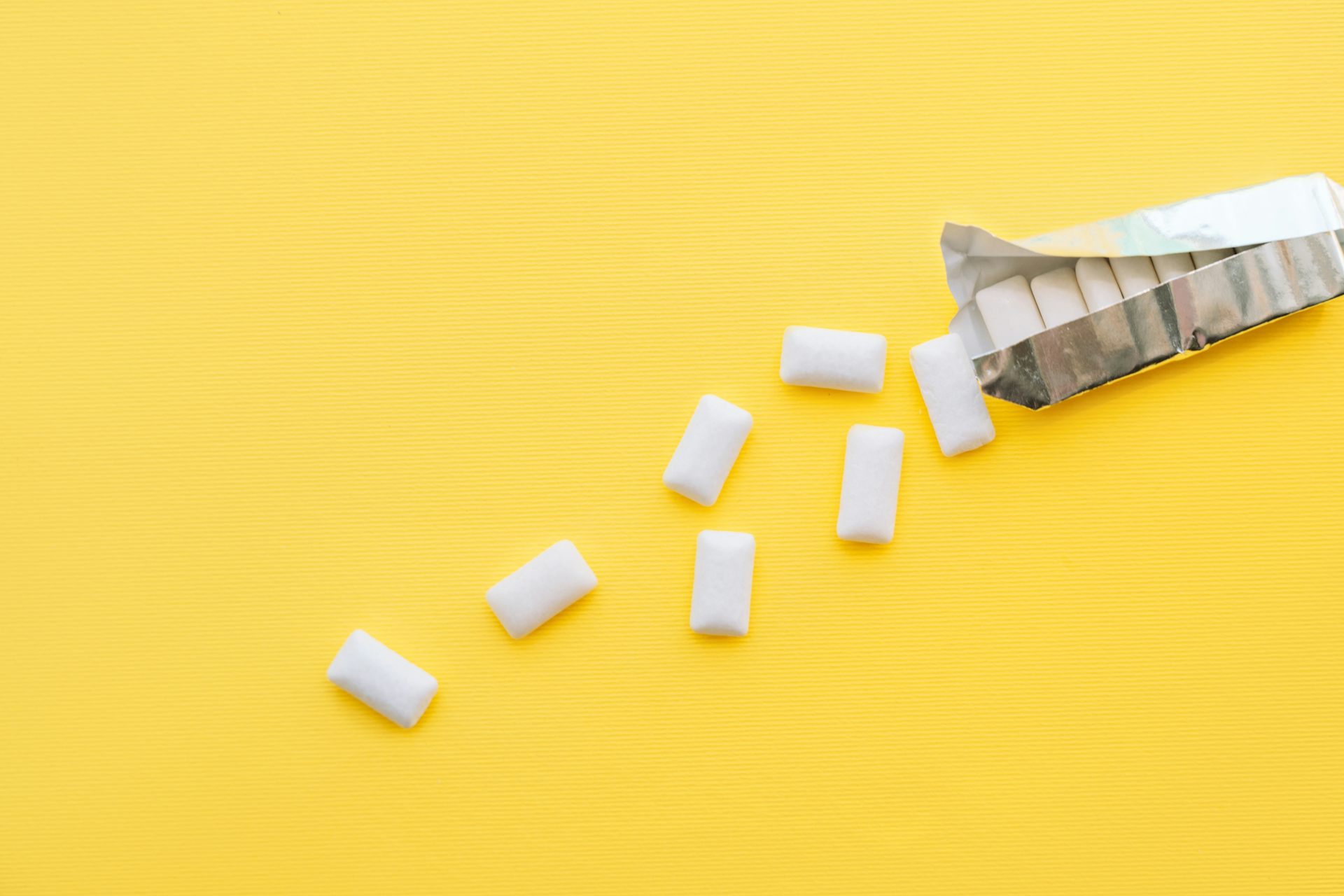
Chewing gum polymers, both natural and synthetic, can release microparticles when they are worn down by chewing.
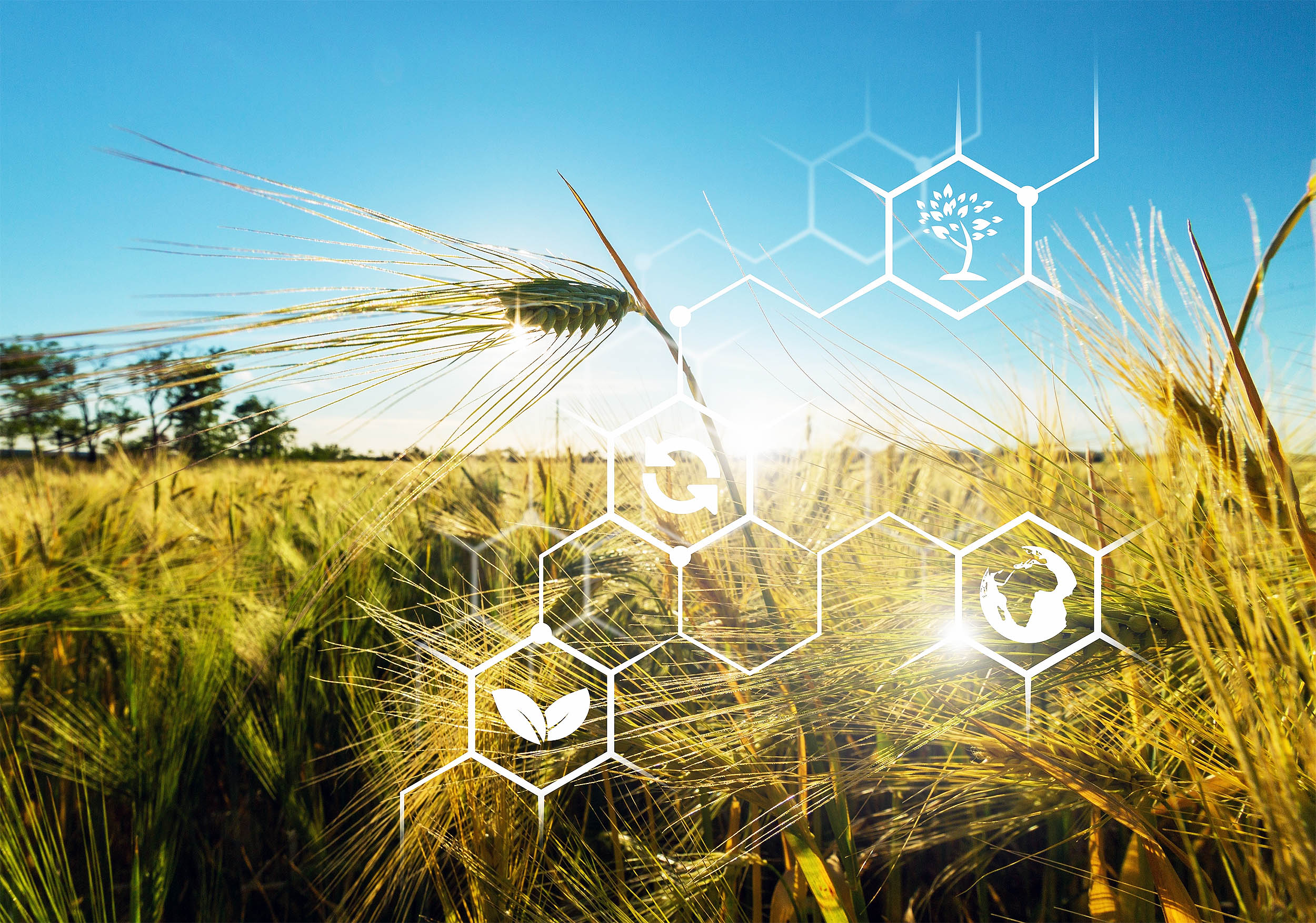
Microplastics are silently sabotaging the planet's greenery, curbing photosynthesis, and threatening food security.
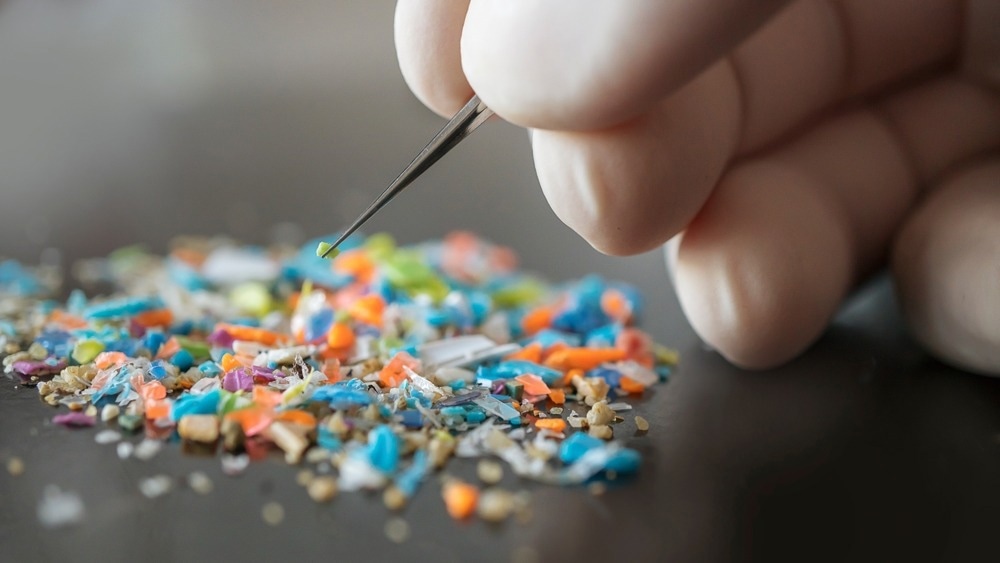
Findings indicate rising microplastic concentrations in human brains and organs, urging deeper investigation into their health effects and distribution.
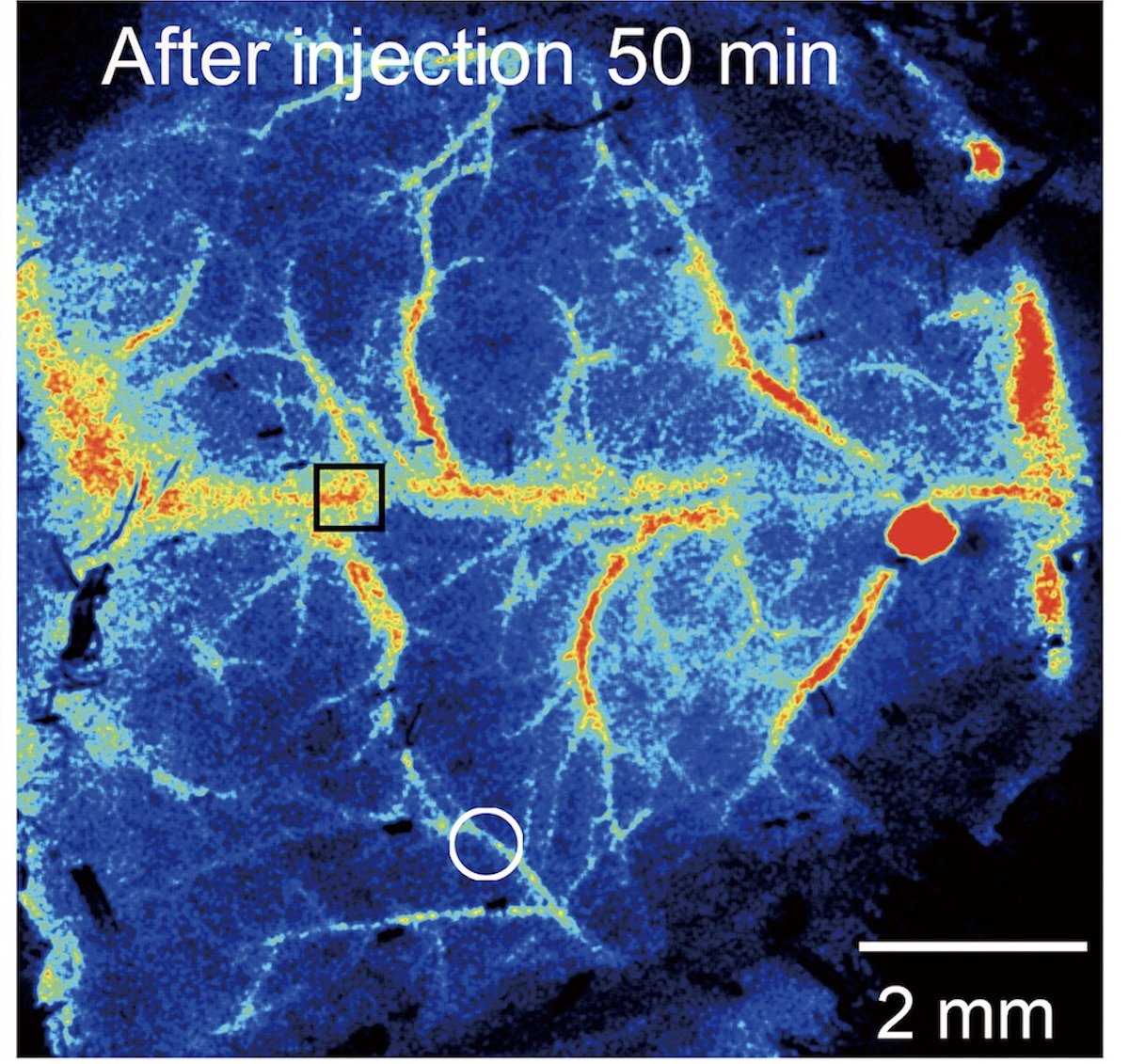
Scientists have found in lab experiments that microplastics can block blood flow in mice brains, raising concerns about human health impacts.

Microplastics are superpervasive - getting into human tissue, ancient rock, and bottled water - but it may come as a shock to discover just how many of these tiny fragments can lurk inside a single tea bag.

Every year, billions of vehicles worldwide shed an estimated 6 million tonnes of tire fragments.

U.S. scientists are battling against an emerging enemy of human health: nanoplastics. Much smaller in size than the diameter of an average human hair, nanoplastics are invisible to the naked eye.
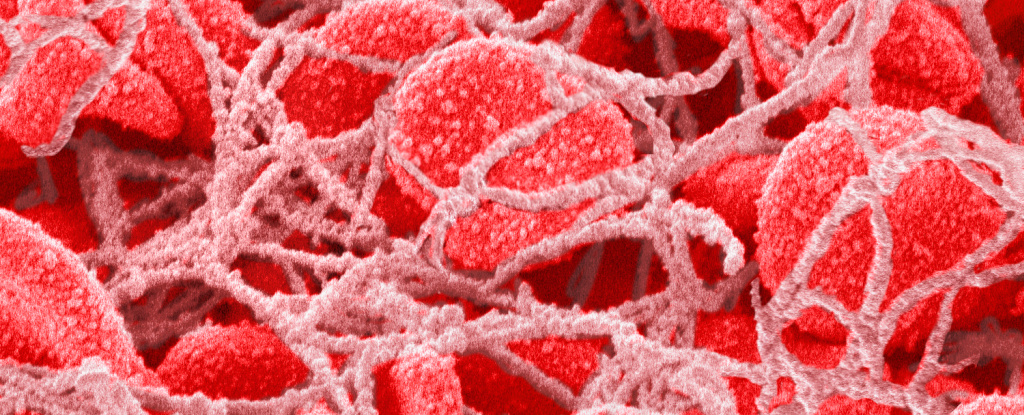
Now, a new study from researchers in China reports finding microplastics in blood clots surgically removed from arteries in the heart and brain, and deep veins in the lower legs.

Research shows inhaled plastic particles deposit in the respiratory system, affecting health based on size, shape, and breathing rate.
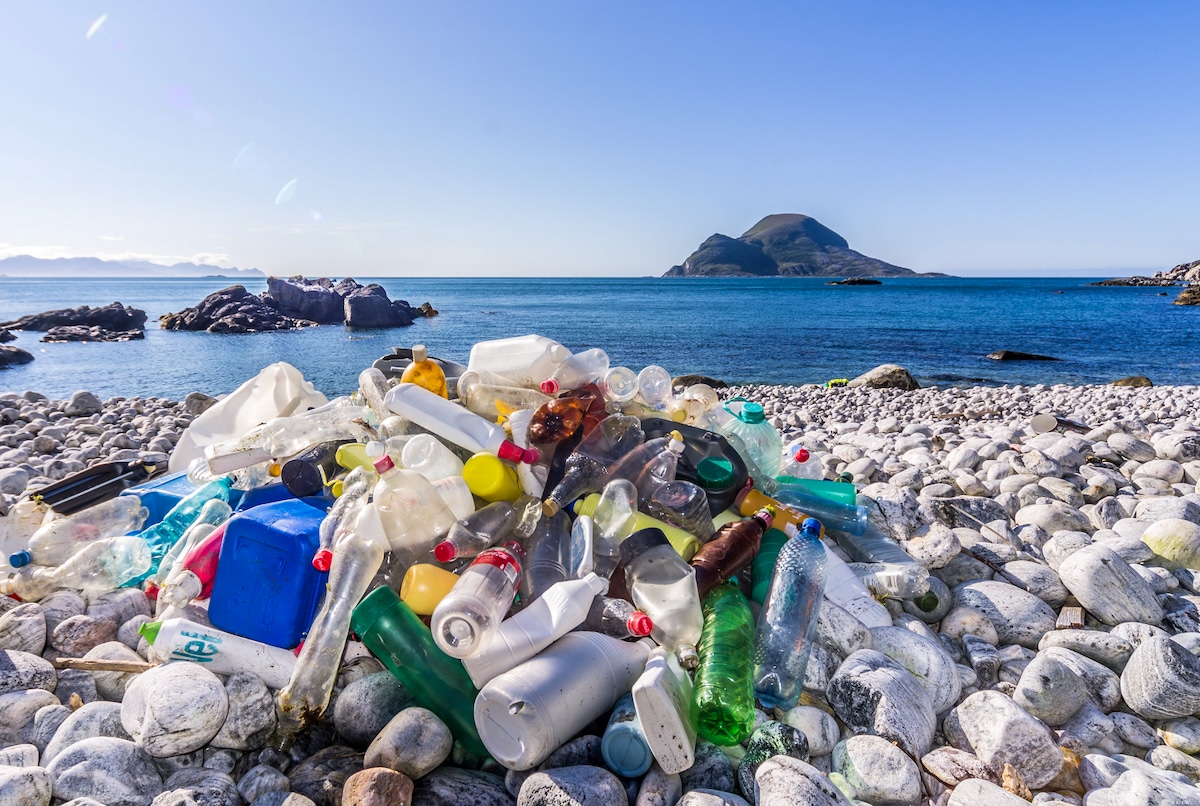
A new study on plastic pollution in 84 countries has linked half of branded plastic pollution to only 56 firms, with about 24% of the plastic waste analyzed connected to only 5 companies Coca Cola, PepsiCo, Nestle, Danone and Altria.

The scientists used a new analytical tool to measure microplastics present in human placentas, finding the tiny pollutants in all 62 of the placenta samples tested with concentrations ranging from 6.5 to 790 micrograms per gram of tissue.

The average litre of bottled water has nearly a quarter of a million pieces of microplastics and tiny, invisible nanoplastics, new research has found.

The study examined placentas donated by women who delivered in Hawaiʻi from 2006 to 2021. The rise in microplastics found in the placentas of Hawaiʻi mothers corresponds with the skyrocketing levels of global plastic production.

South Korean scientists showerd the process through which plastic transforms into secondary microplastics. Their research reveals that continuous consumption of these secondary microplastics acts as neurotoxins in the brain.